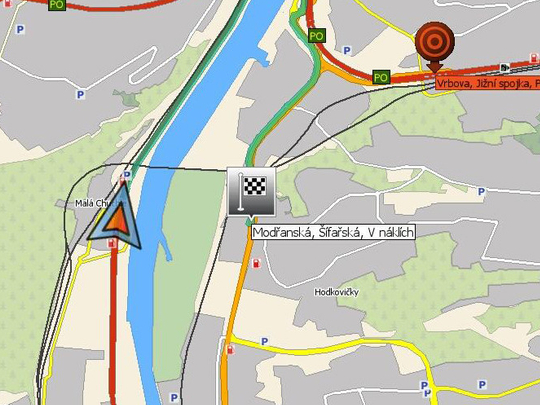
Technology has made cities easier to navigate and, arguably, harder to know. Need to find a restaurant across town? Your smartphone knows how to get there. Trouble remembering how to retrace your way to the subway? An app can tell you that too. Digital maps have effectively replaced the need for mental ones, with a number of curious implications: We now spend more time looking down than looking around, we no longer have to stop strangers to learn the way, we don’t have to survey the city by landmarks (the subway was past the butcher shop!).
Until now, there has been one reassuring holdout to the rise of GPS: Traditional taxi drivers. I have met many who take pride in the fact that they can still do something most UberX drivers cannot — navigate every corner of a city from memory. No hand-held devices, dashboards or ear buds needed. In London, a cabbie’s ability to memorise the labyrinthine street network is a revered skill. “The Knowledge,” it is called. It takes years to develop, a process that research suggests actually changes the brain.
This development, though, was probably inevitable: New York has lately scaled back how it tests new cabbie applicants on their knowledge of the city’s geography. Writes Corey Kilgannon in the New York Times earlier this week:
“Knowing how to get around the five boroughs of New York City — understanding not just the geography, but the nuances of timing and the endless exceptions to every rule — is part of driving a yellow cab here. And as part of their training, New York cabbies have long had to face a rigorous set of geography questions on the 80-question test they must pass to get a licence. Landmarks and popular destinations were on the test, but so were less familiar streets and alternate routes. It was not quite “The Knowledge”, the test London cabbies spend years preparing for, but even drivers from the city found it daunting.
Now those questions have disappeared, happily for future test-takers, perhaps not so much for those who will be riding in the back seats. As of the past few weeks, the only geography that remains is in 10 questions that involve navigating the city with a map.”
The New York City Taxi & Limousine Commission says that it is constantly tweaking its test and that future versions, after an overhaul of the taxi school curriculum, will still include geography questions. But the commission acknowledges that technology has changed how its drivers get around (for the last two years, rules have allowed drivers to opt to keep navigation systems in their vehicles instead of laminated map books). And fewer geography questions may mean that the test can emphasise more questions about safety — including the new safety problems posed by using technology while driving.
The shift away from geography is probably a practical concession to technological change, but it raises a couple of philosophical questions in any city that is considering such a move: If you take away the intimate knowledge of a city that cab drivers uniquely claimed for decades, what is the difference between a professional cabbie and your average UberX guy? What kind of job is a cab-driving job if it no longer requires these learned skills? And what happens in a world when even professional drivers do not know how to get around without technology?
One ageing cab company owner tells the New York Times that he is more worried about losing drivers than drivers losing their geography savvy. “With GPS,” he reasons, “you don’t need to know where anything is anymore.”
This is meant as a comforting thought, but it is an alarming one, too. The issue is not simply that any of us will be in a bind when our technology fails us, when the power goes out, when a gadget breaks or a system goes down. It is that we will lose other things while we are relying on technology: Spatial skills, street smarts, serendipity, the occasional pleasure of getting lost, interesting encounters with strangers, discoveries on the way to where we are going when we are paying more attention to the route.
OK, some of this is just urbanist romance, but I am guessing researchers will tell us eventually that smartphone navigation, for all the benefits it brings us, is costing us something measurable too. Maybe the ability to draw our own neighbourhoods from memory or the skill of judging distances or the perception of details around us.
— Washington Post
Emily Badger is a reporter for Wonkblog covering urban policy. She was previously a staff writer at The Atlantic Cities.








